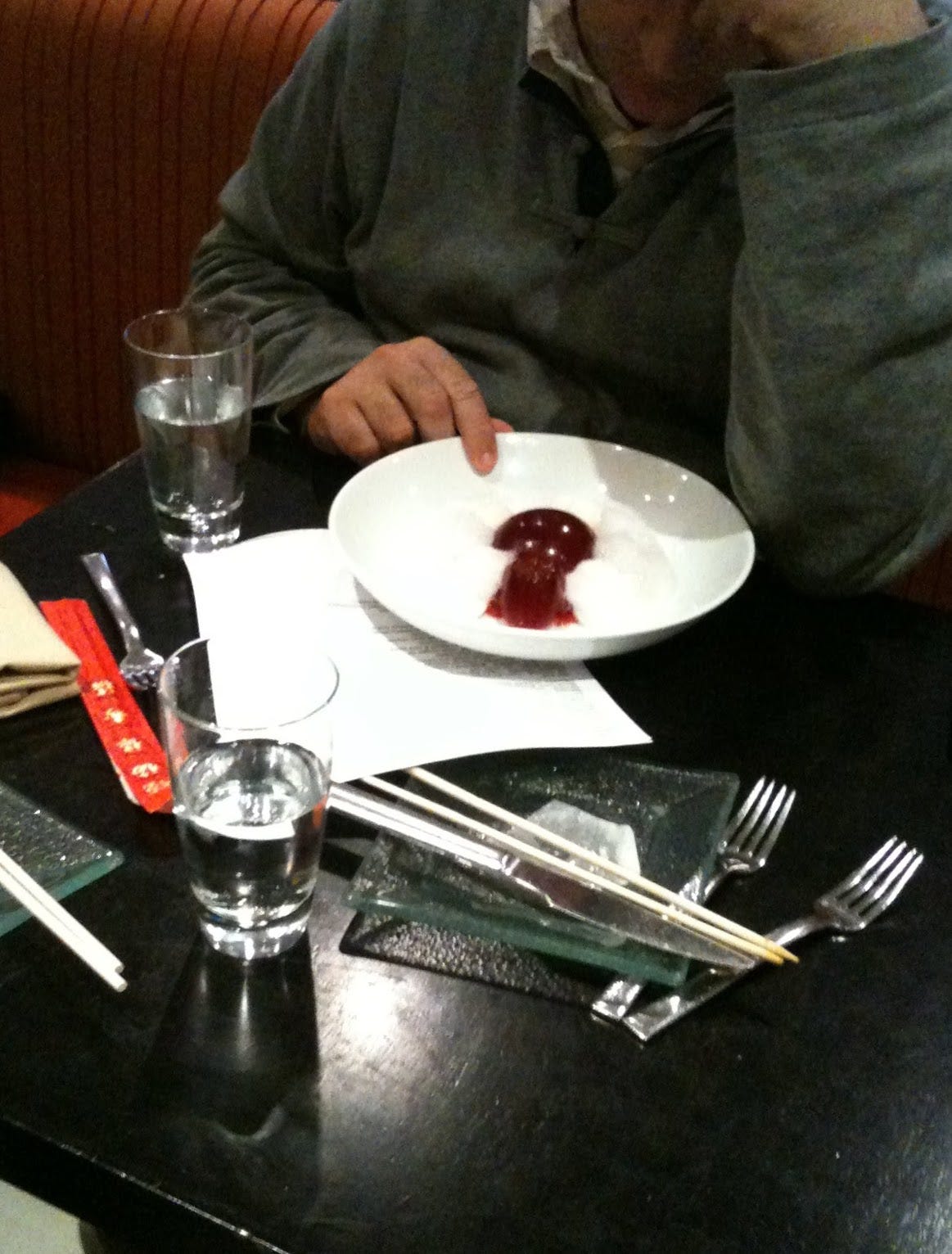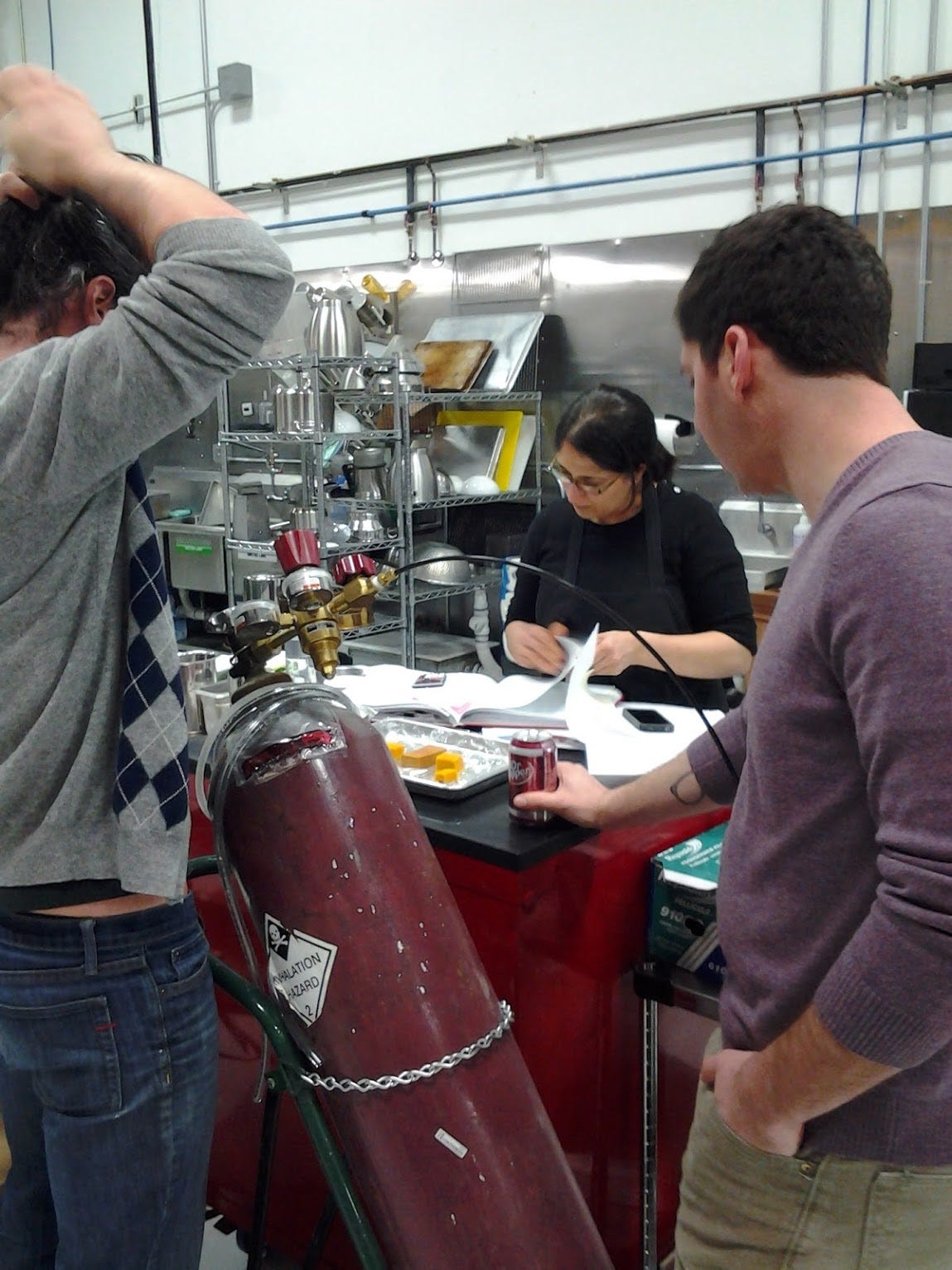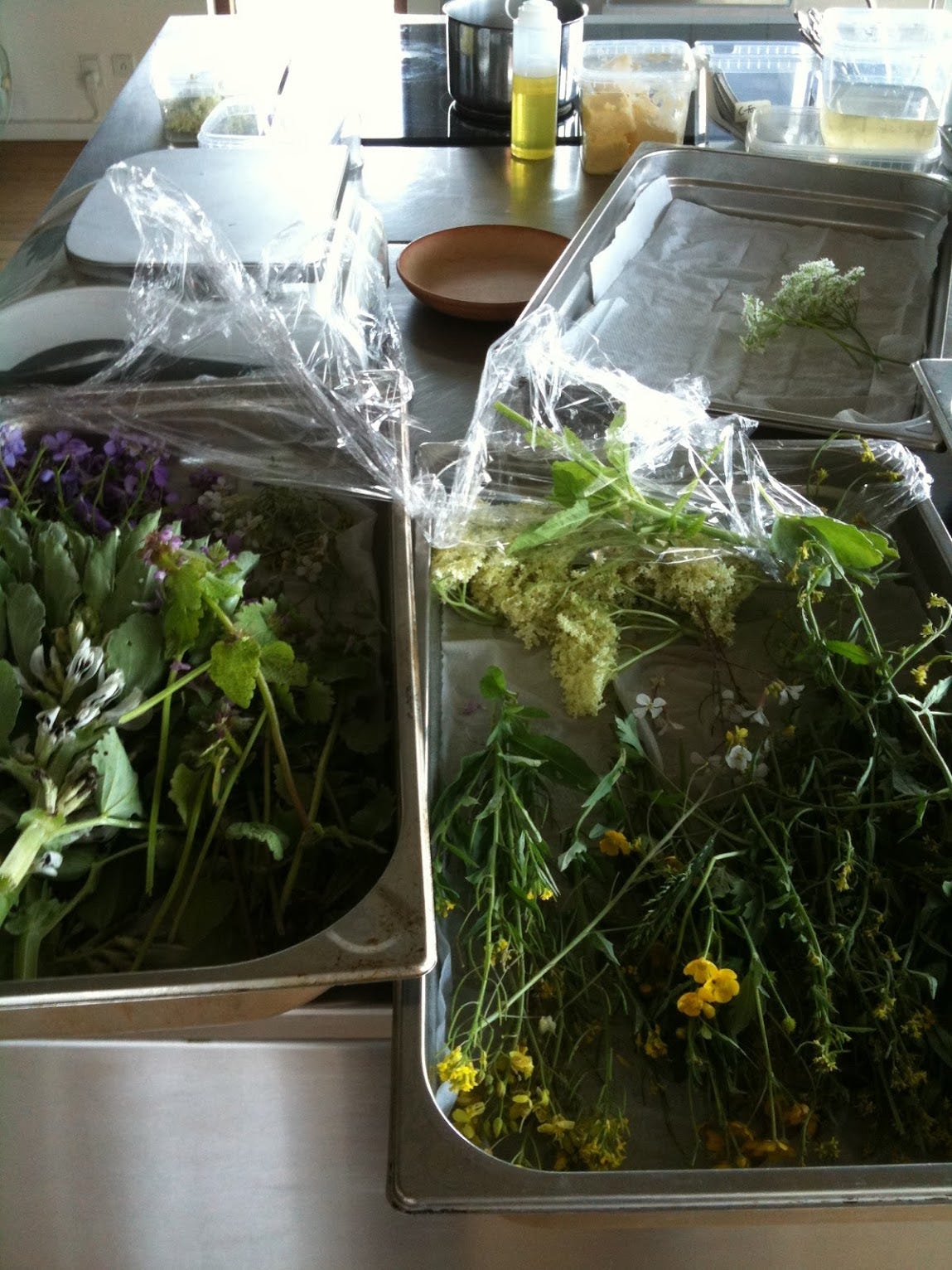I’m Vaughn Tan; this is another of my weekly attempts to make sense of the state of not-knowing. The first issue explains what the newsletter is about; you can see all the issues here.
My first book, The Uncertainty Mindset is a behind-the-scenes look at cutting-edge high-end cuisine … and what it can teach us about designing organizations to be more adaptable and innovative. You can get it here. If you like it, help me out by leaving a review somewhere. Book events are coming soon—tell me what you’d like to see and sign up for notifications here.
A brief issue this week, because I’m 🚚🏡.

Tap water comes to London from the west, flowing over and through chalky, limestoney terrain on its way here. On its journey, it becomes hard AF. So, in the metropolis, limescale forms on kitchen and bathroom fixtures practically instantly. Left unchecked, it becomes Burly and, as I discovered yesterday, impervious to all but the most intense and repeated chemical assaults. This makes last-minute descaling of an apartment, for instance in preparation for moving out, arduous and noxious.
Moving is stressful on its own. It becomes absurdly stressful when compounded by existential uncertainty, procedural complexity, executional challenges, and bad planning. On the one hand, I can’t recommend it. On other hand, it was a useful reminder of the huge amount of work needed to trim back superfluities—of Stuff, of routines, of comfort, of certainty—when they have been allowed to build up into a thick and hard-to-remove crust.
This was my situation, as last week’s issue may have indicated. I had so much Stuff that I spent weeks sorting and disposing of it, alternating between great zeal, sloth-like torpor, eBay, and Freecycle. Pushing through to the very end was hard. Throughout, the dominant sensation was of being permanently half-done—as if Zeno had hired Sisyphus to pack.
So when the last boxes finally went into the car, I felt greatly liberated. I was even slightly smug, a sensation arising from thinking of all the chumps in houses and apartments all across London, shackled to their piles of pointless stuff while I … well, nevermind.

Of course, as with limescale, the correct way to solve the problem of superfluity buildup is to not let it become a problem in the first place.
Shedding superfluous Stuff (or comfortable routines or existential certainty) is traumatic if done in a massive spasm every 2-3 years, but is much less so if done on a small scale every day or every week. One way to think of this is as an ongoing strategy of personal maintenance built around very low-level changes to everyday activity—for instance, choosing to make pizza with strange flour that is known to behave unpredictably.
In my book, I argue that redesigning low-level, boring-seeming work processes helps make more innovative and adaptable teams (this is an alternative to the big, showy, expensive innovation measures that big corporations love and which seem invariably to fail). Once put in place, almost no conscious or emotional energy is needed to keep workaday processes going.
There may be a useful insight here for those who want to change life, to have less Stuff, to have equanimity when routine is disrupted, to handle uncertainty without collapse. This is it: it’s least painful to not let the buildup happen in the first place, and the unspectacular and quotidian act becomes powerful and persistent because it fades from consciousness and becomes habit.

There are strange things happening everyday.
Bonus: I had a chat with Brian Ardinger, from the Inside Outside podcast, about why (only) unconventional principles work for designing innovation teams. You can get the podcast episode (#217) here.
Photos: Until Issue #52, each week’s photos will be selected from the thousands I took during fieldwork for the book. This issue’s photos are: gloomily surveying an unsuccessful dessert at ThinkFoodGroup (2011); consulting the oracle at the Cooking Lab (2012); picked-over foraged greens at Amaja (2011).
By the way: This newsletter is hard to categorize and probably not for most people. But if you know people who might enjoy it, please share it with them.
You can find me on the web at www.vaughntan.org, on Twitter @vaughn_tan, on Instagram @vaughn.tan, or by email at <uncertaintymindset@vaughntan.org>. You can also find out more about my book atwww.uncertaintymindset.org.

